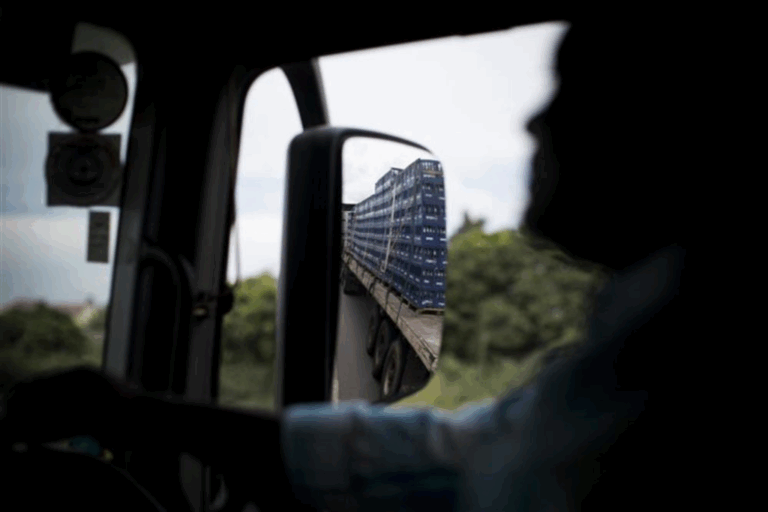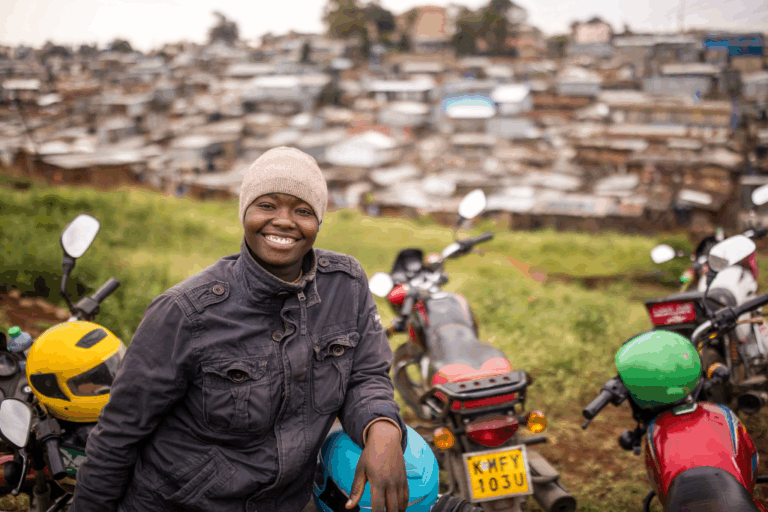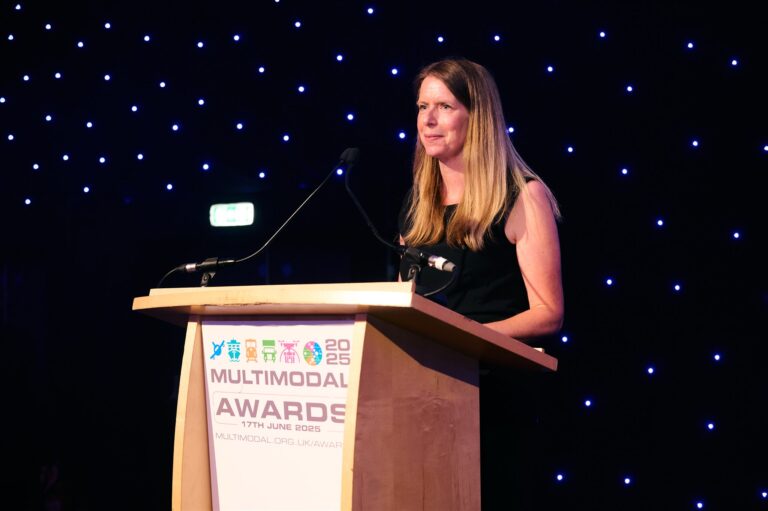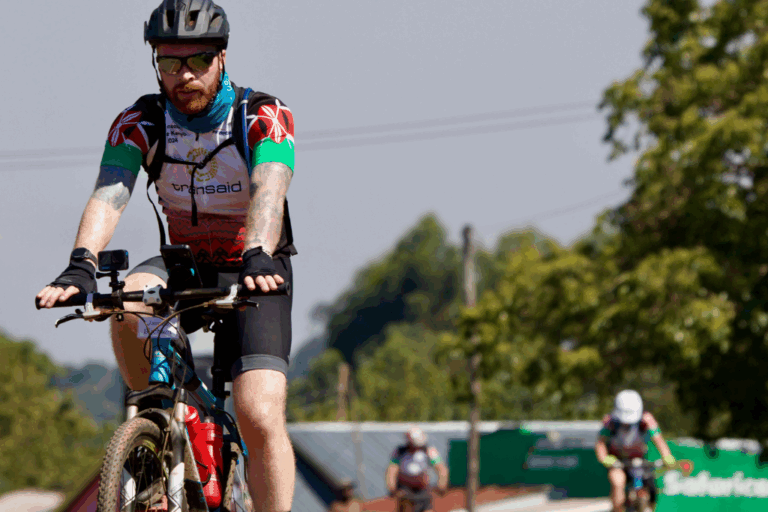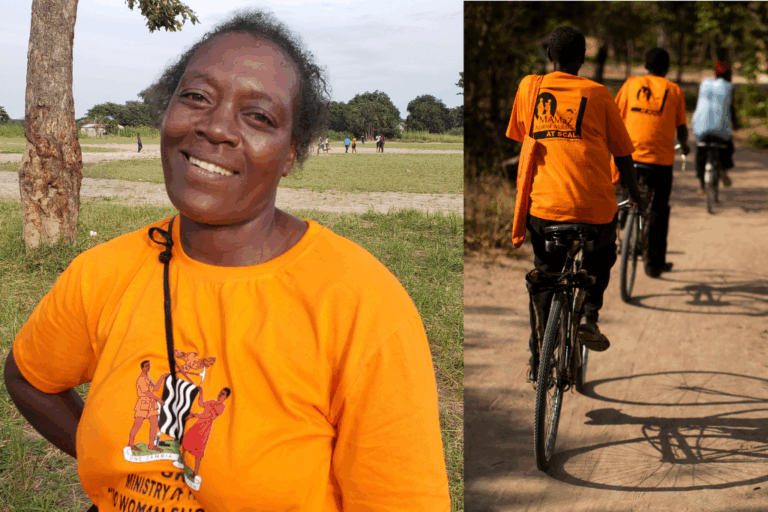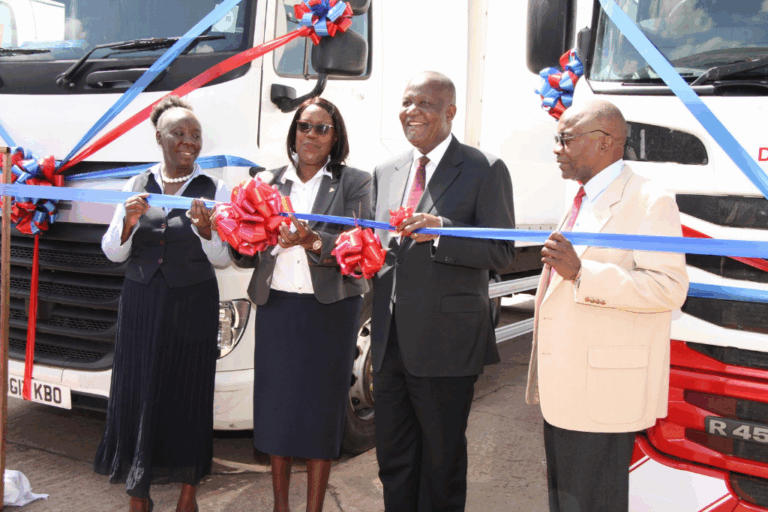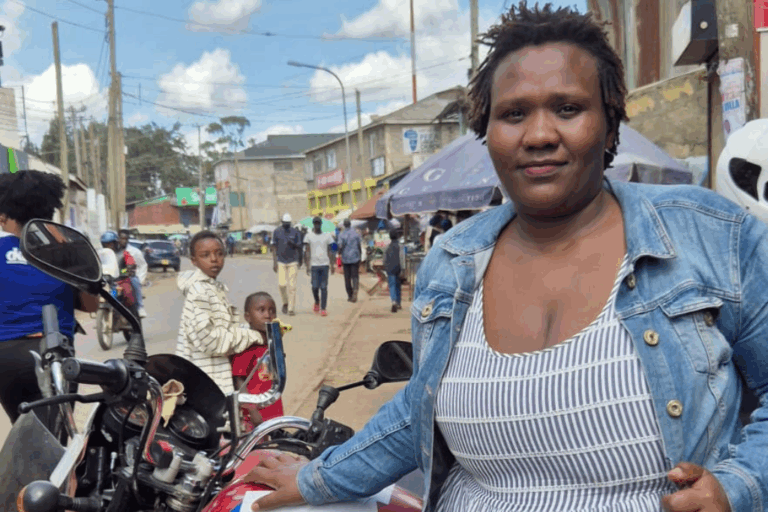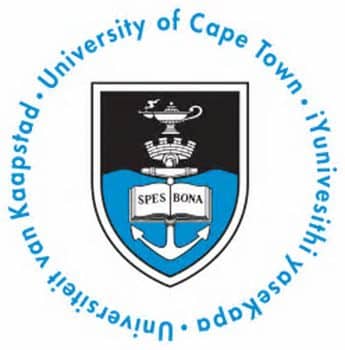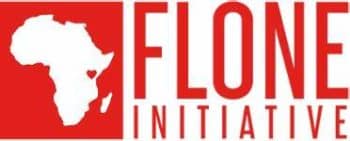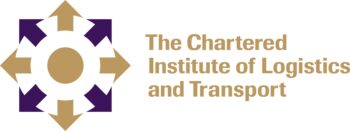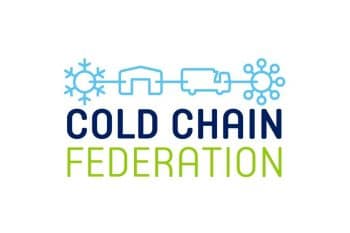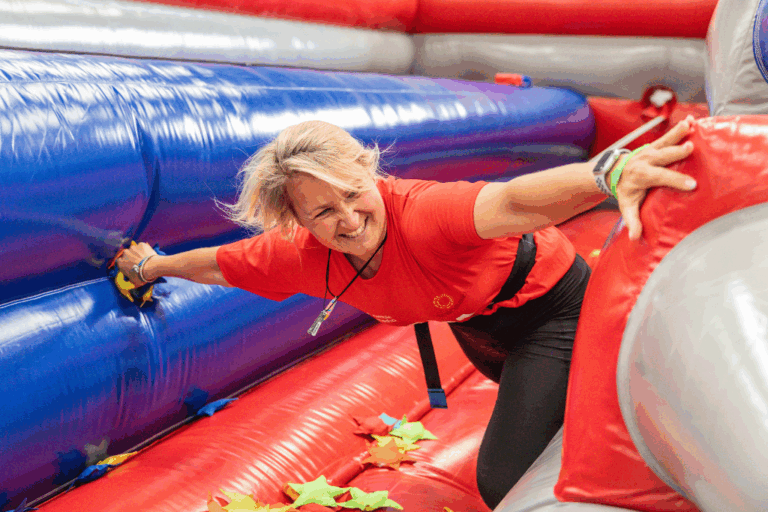
News
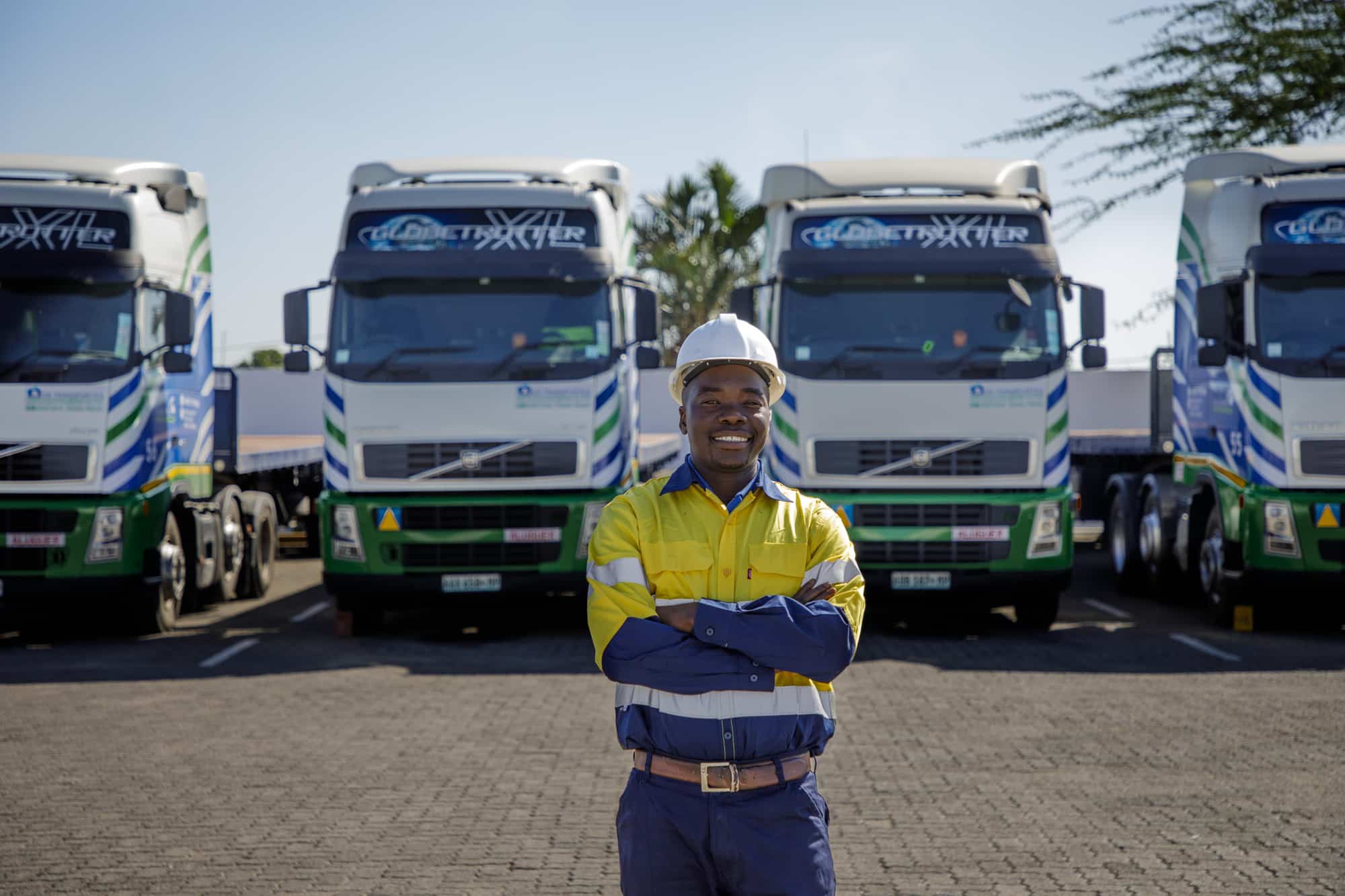
Esther Chibuye and Josephine Mupeta: their story
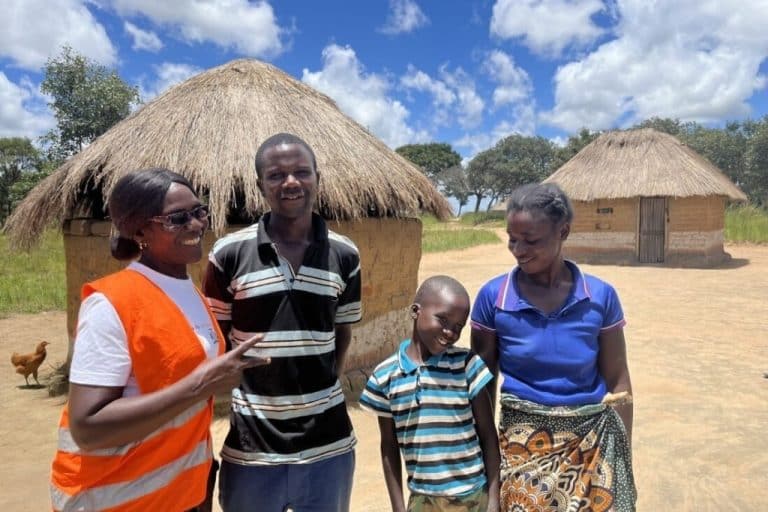
Esther and her grandmother Josephine live in Chief Serenje, a small and remote community in Zambia, and which is part of the Transaid-supported Mobilising Access to Maternal Health Services in Zambia (MAMaZ) programmes. Josephine has been a Community Health Volunteer (CHV) and Emergency Transport System (ETS) rider for several years, advising and transporting patients, including her own granddaughter, Esther.
Whilst pregnant, Esther was made aware of the bicycle ambulances in the community by the CHVs. During her antenatal care appointments, it was recommended to her that she inform the CHVs or the Safe Motherhood Action Groups (SMAGs) in the event that she experiences an emergency,
When Esther went into labour she was not feeling well and so informed her husband, Joy.. Joy decided to seek advice from one of the CHVs, who was in fact Esther’s grandmother, Josephine. Josephine was busy cooking for her family, but as soon as Joy informed her of Esther’s condition, she prepared the bicycle ambulance and travelled to her granddaughter’s house within minutes.
Josephine found that Esther’s contractions were increasing in frequency and pain, and so advised that they go to the health facility. Josephine cycled with her granddaughter in the trailer for almost two hours and over difficult terrain. In this part of Zambia, it is difficult to drive vehicles along small tracks, meaning bicycles are often the quicker and more accessible mode of transport.
Esther says, “although the bicycle ride was tough, in the condition that I was in, I wouldn’t have walked. I would have just delivered at home because it is such a distance, and you cannot walk while you are in increasing pain.”
They arrived at the clinic and Esther was checked by the health staff. They found that her child was in the breech position and that she needed to go to Chitambo district hospital. Upon arrival, Esther was quickly referred for a caesarean section.
Smiling and sharing a shy laugh with her grandmother, Esther says: “I am thankful to the rider as well as Transaid. Without them, maybe I was thinking that I would not be alive today.”
Her husband Joy also thanks Josephine and Transaid: “Maybe I could have lost my child as well as their mother.”
Esther is not only sharing her story to thank her grandmother and Transaid, but to emphasise the importance of accessing health facilities: “I have also realised that it’s important to go to the health facility for assistance. It was going to be difficult for me. May be I would’ve died.”
The Mobilising Access to Maternal Health Services in Zambia (MAMaZ) and further follow up programmes were delivered in the period 2010 – 2021 by a consortium of partners and aimed to improve access to healthcare services and life-saving medical treatment in remote regions of Zambia.
The bicycle ambulance was established as an Emergency Transport System (ETS) in a context where there are limited formal ambulance services. Staffed by volunteer riders and custodians, they provides a vital link between rural communities and health services.
Download Esther’s full story as a PDF here.
Recent Posts


